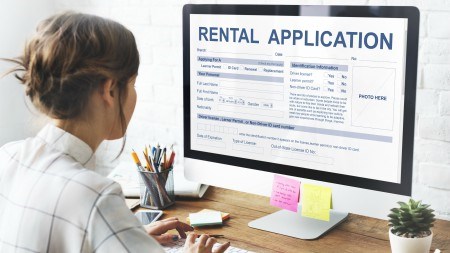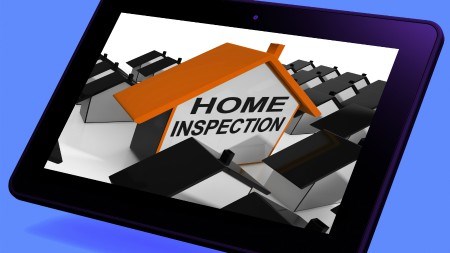This article has been updated. For the most recent information, please visit the updated version here. (Updated: October 2024)
A difficult landlord can make a tenant’s life miserable. Knowing how to deal with them is the key to keeping the relationship amiable.
You’ve just signed a lease and although the landlord seemed pleasant enough, he did seem to be a tad overbearing and maybe just a little pedantic. Most tenants don’t realise that a difficult landlord can create havoc in their lives and make the time they spend in the rented premises miserable.
Landlords come in all shapes and sizes and although some will basically leave you to your own devices, others may not. Knowing what sort of landlord you have and how best to deal with them will go a long way towards ensuring this relationship remains amicable. It needs to be remembered that a demanding landlord is probably going to keep a very close eye on things, and if your landlord falls into this category, you need to make sure you remain a model tenant.
Fortunately, there are ways to deal with a difficult landlord. Top of the list is to be a good tenant, which means you abide by the rules and pay your rent and utilities on time…every time.
Issues which are likely to upset some landlords could include:
- Overcrowding. This is quite a common problem and one that is going to cause trouble, particularly if the maximum number of occupants is clearly stated in the lease.
- Unkempt gardens. Tenants who don’t maintain the garden or who don’t mow the lawn regularly could run into problems.
- Cleanliness. A landlord has every right to inspect the property now and again. A dirty, unmaintained home could upset a demanding landlord and lead to friction.
- Noise. Landlords do not like having to deal with complaints of this nature from neighbours or body corporates.
Having a landlord who seems obsessive about his property is only part of the equation and another area which can prove problematic is having a landlord who ignores maintenance issues.
Here are some pointers on dealing with this:
- Don’t cry wolf.
One of the most important things to remember is to not be petty and regularly complain about minor issues which you could either repair yourself, or which don’t really need to be repaired at all. Demanding that the kitchen cabinets be replaced because the doors are slightly skew (true story) is only going to annoy your landlord. Likewise, insisting that the landlord repaint the interior because the previous tenant has knocked a couple of nails into the wall probably isn’t going to sit well. In other words, be reasonable, document everything (including the small faults) when conducting an ingoing inspection, but above all, don’t go overboard when asking the landlord to maintain the premises. - Be patient.
It’s not always a landlord’s fault that things don’t get repaired in a timely manner. The landlord may, for example, not be able to get hold of a plumber or an electrician immediately and although this may be annoying, it doesn’t automatically mean that the landlord doesn’t care or isn’t trying to rectify the problem. Likewise, landlords aren’t mind-readers and need to know how serious the problem really is - or could become - if left unrepaired. Again, document everything in writing, emphasising the seriousness of the issue if necessary. - Communication.
Speak to your landlord and ask questions if you’re unsure of anything. Ask what modifications can and cannot be made, and check if he has a preference as to what sort of nails he would prefer you to use when hanging pictures. It may seem a little over the top, but something as small as this makes all the difference to your working relationship. - Keep records.
Remember to document all faults and maintenance issues when you do an ingoing inspection, regardless of how easy-going your landlord appears. Take photographs of every room, ensuring that any faults are clearly visible. Keep all correspondence between you and the landlord until the lease comes to an end. If you do phone to report an issue, follow it up with an email noting the dates and times you called as well as noting the fault. Keep track of any maintenance work conducted during the lease period and report and photograph shoddy workmanship if necessary.





